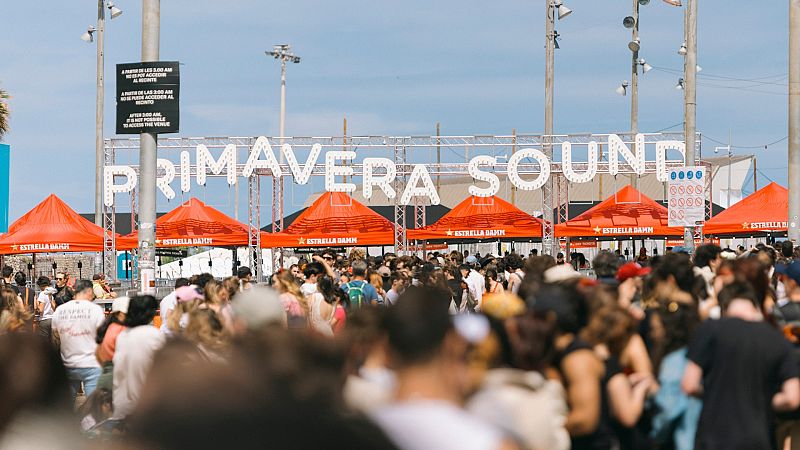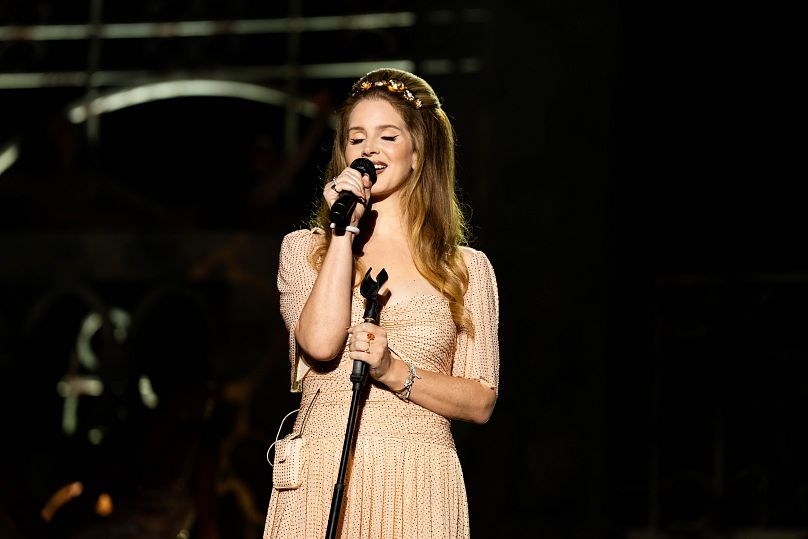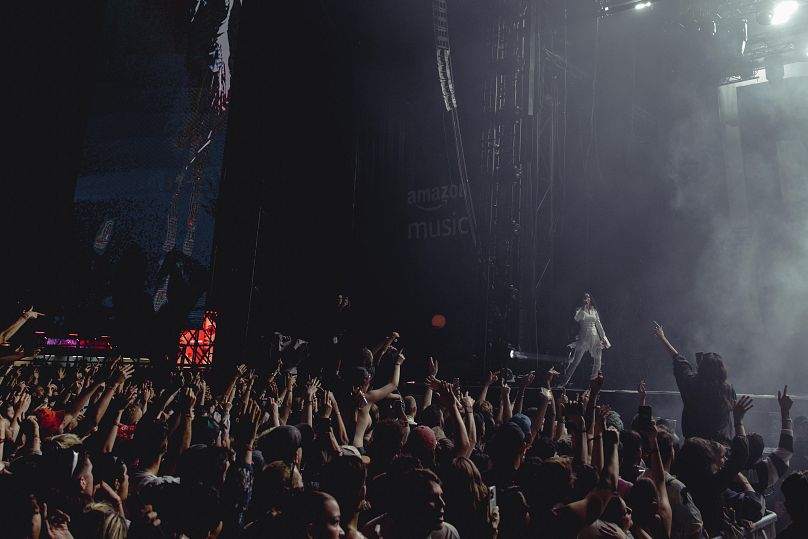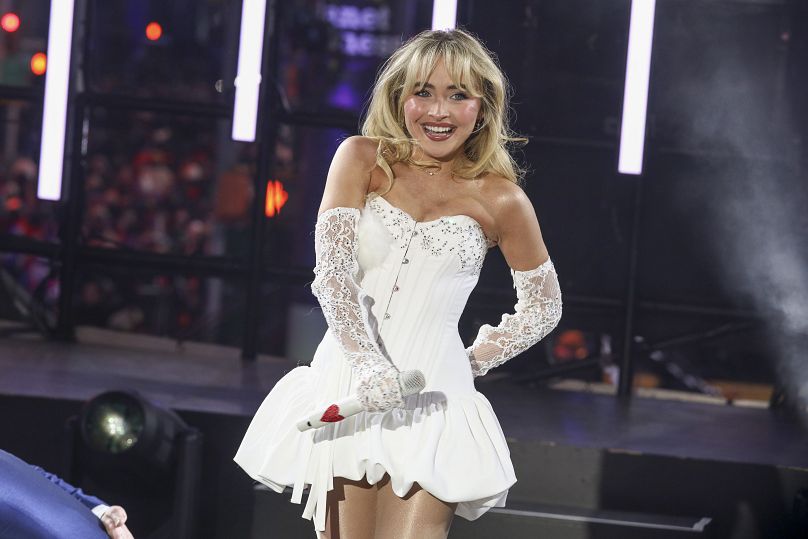Primavera Sound sells out: Why festivals are more expensive and popular than ever

Primavera Sound has sold out of its weekend tickets for 2025’s Barcelona event just weeks after they went on general sale, an unprecedented achievement for the annual festival which usually doesn’t sell out.
Just last weekend, tickets to next year’s Glastonbury Festival in the UK also sold out in under an hour, thanks in part due to a new ticketing system. It’s more typical for Glastonbury which is annually oversubscribed to as one of the biggest and most popular festivals in the world.
These two festivals aren’t alone in selling out so quickly that it’s not even the calendar year they will take place yet. Tickets to the much smaller scale Green Man Festival in Wales were snapped up the hour they went on sale in September. At time of writing, the similarly smaller Kendal Calling is teetering on selling out too.
British festivals have long been sell-out events and as the summer draws closer, many others will join these ranks. For Primavera, one of the most popular music events on Spain’s calendar, selling out is an usual occurrence.
Individual day tickets are still available, but the last time Primavera Sound sold out its weekend tickets so early was in 2022. This was deemed an exception due to the pandemic wait. Before that, it was 2016.
Big festivals seem to be more popular than ever in Europe. What’s most perplexing about this tide of popularity is that it comes as these same festivals are more expensive than ever.
Glastonbury tickets sold for £378.50 (€455). Primavera Sound’s full festival ticket costed €350. Even Green Man, which at 25,000 attendees has a 10th the capacity of Glastonbury were £290.13 (€348.51) with fees.
These are exorbitant prices given for the UK-based festivals, you’re going to spend the long weekend on a camping bed unable to sleep.
What’s causing the rise in popularity? It seems there’s a few reasons. The first is simple. These festivals are brilliant events that offer up music fans stacked line-ups alongside tons of other wonders. In Glastonbury’s case, that’s its unparalleled scale and spectrum of cultural acts. For Primavera, it’s the impressive focus on music and having Barcelona as its backdrop.
From here, the reasons become more hypothetical. Both examples have pivoted their line-ups to pop artists in recent years. Glastonbury has long been a festival designed for its broad appeal and headliners have never been rooted purely in rock music, but there has still been a notable shift to pop stars with Dua Lipa headlining the 2024 edition.
Primavera on the other hand has been considered a more typical rock music festival for the brunt of its 23 year existence. Having announced its headliners ahead of the general sale, the festival has clearly prioritised the wider cultural zeitgeist with headliners Charli XCX, Chappell Roan, and Sabrina Carpenter.
Shifting the style of headliners is a logical move. Indie rock just isn’t as prominent in 2024 as it was 10 or 20 years ago. People’s tastes are generally broader today as the staunch subcultural style of music appreciation dissipates. For any diehard indie heads, Primavera’s line-up still features tons of top talent including Fontaines DC, Haim and Idles.
What’s more significant is how these acts might have changed festival ticket purchasing habits. Pop acts like Sabrina Carpenter have a huge listenership that draw in dedicated fan bases willing to pay huge sums to see them. Tickets to see Carpenter on her upcoming tour were reportedly only available for at least £220 (€264).
That puts Carpenter tickets in the same realm as Taylor Swift tickets – a big ask considering Swift’s gigs cover her 11-album career and Carpenter’s first hit single was earlier this year.
With this context, Primavera’s price tag at just €86 more than a ticket to see Carpenter alone seems like a steal.
Gigs in general have gotten a lot more expensive. The pop stars bringing highly choreographed pyrotechnic extravaganza shows on the road are now astronomical. For many festival goers, this is the most affordable way of seeing not just one of their favourite artists in a year, but potentially multiple.
Which brings us to the final reason for the uptick in these big festivals selling at a faster and higher rate than ever before. Behaviour is changing around going to live events.
More and more, music fans are saving up and going to a smaller selection of highly priced individual concerts – and festivals – than regularly seeing live music at smaller venues.
Last year, we reported on the dire state of the live music scene in the UK with 125 venues shutting down in the prior 12 months. Those venues represented 15.7% of the sector and were primarily grassroots spots where smaller artists make their names.
Additionally, cheaper smaller festivals have struggled in recent years. Pre-pandemic, there were 630 music festivals held across the UK every year. That number has gone down by 192 with 60 festivals being cancelled or postponed this summer.
There is work to tackle this problem. Last week, the UK government said it would introduce a voluntary levy on tickets for concerts at stadiums and arenas to help fund the smaller venues which have struggled in recent years after the pandemic and rising inflation.
But the big problem is behavioural. If festivals continue to move towards these big-name pop star headliners to help justify their astronomical ticket prices, it could exacerbate a lacking interest in discovering smaller acts at local venues.
So if you’re one of the lucky ones with a ticket to Primavera or Glastonbury this year, do yourself a favour. Get away from the mainstages and discover something new. Make that big ticket price worth it.
Today




